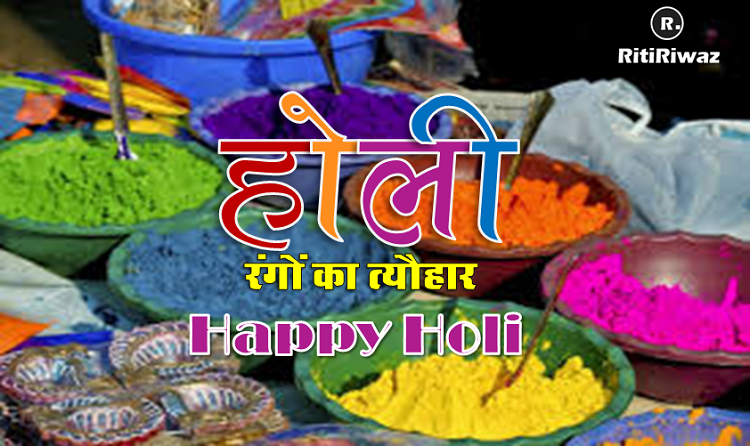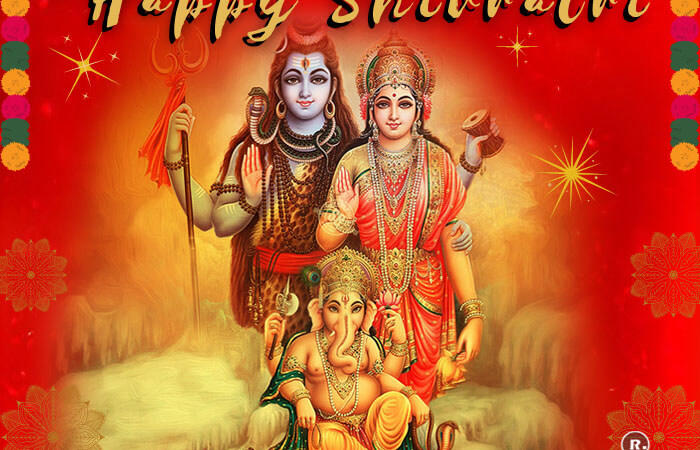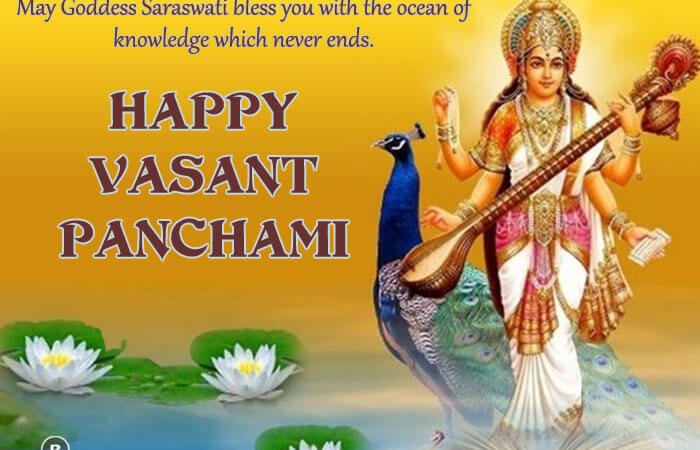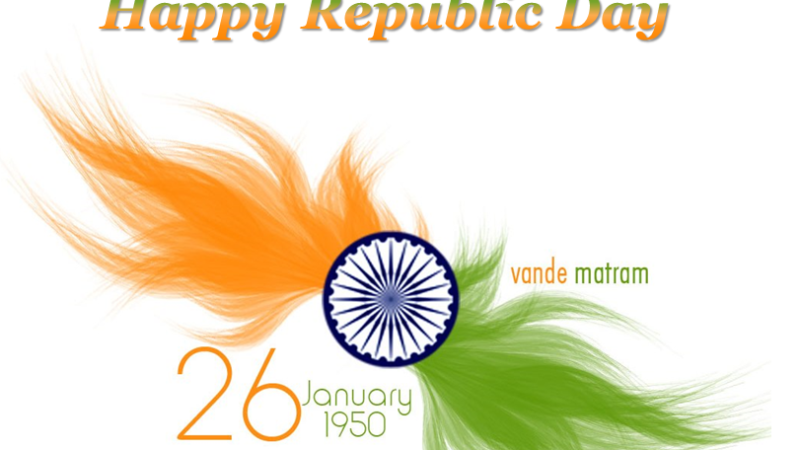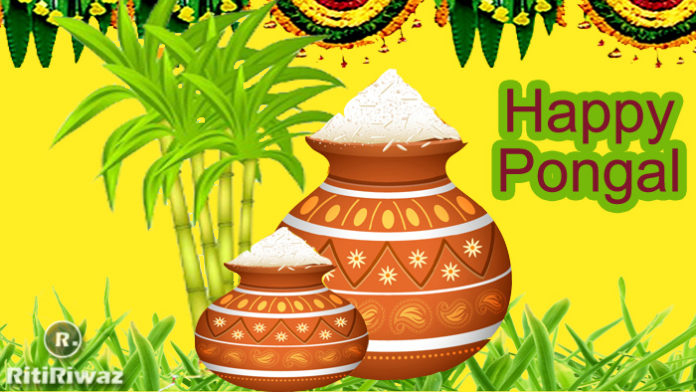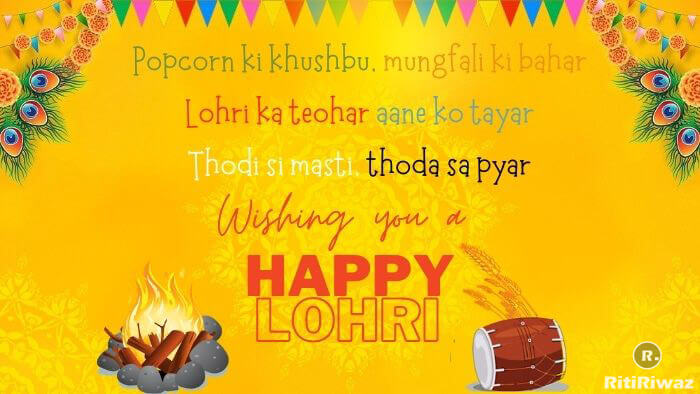Kala Ghoda Arts Festival
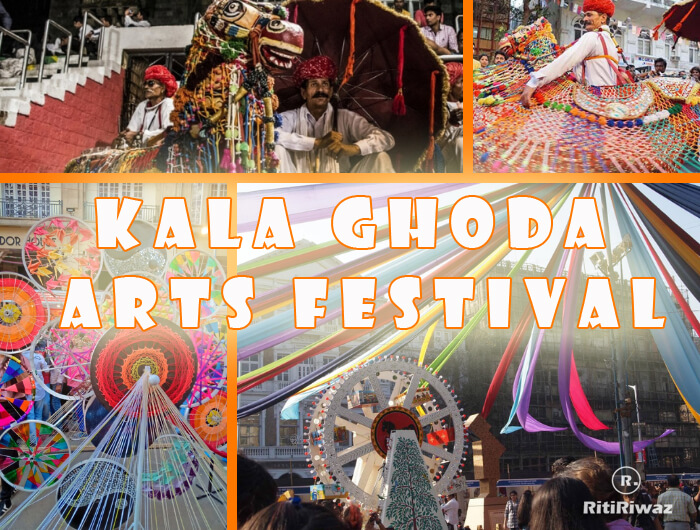
Kala Ghoda Arts Festival (KGAF) celebrates arts within one of their most beautiful and historic precincts of South Mumbai in February every year. The festival celebrates theatre, music, films, comedy, world and modern art. It is one of the largest and most popular multi-cultural festivals in the world, an icon of Mumbai’s heritage and culture.
The Kala Ghoda Arts Festival has indeed become one of the most prestigious festivals in India. The festival is celebrated for 9 days, which always starts on the first Saturday in February and closes on the Sunday of the next week. In 2025 it will begin on 25th January and ends on 26th January.
Why Kala Ghoda
The Festival is organized by the Kala Ghoda Association (a non-profit organization that states its objectives as “physically upgrading the Kala Ghoda sub-precinct and making it the Art District of Mumbai”). Kala Ghoda Association, was formed on 30th October 1998 with the object of maintaining and preserving the heritage and art.

Kala Ghoda means Black Horse and the area is named for a piece of art. In 1879 a bronze statue of King Edward VII (then Prince of Wales) on his horse was installed in the center of the place by a Jewish businessman and philanthropist, Sir David Sassoon. He was one of the richest men in Bombay at the time. Made by the world renowned sculptor, George Wade, the statue was supposed to commemorate the visit of their Royal Highnesses Prince and Princess of Wales. Over time, the statue turned black and the locals found it easier to identify the location by calling it Kala Ghoda (Black Horse).
As a sign of colonial rule, the mere presence of the statue irked several activists. In the 1960s, in a wave of patriotic fervor, they defaced the statue and put the one of Shivaji in its place. Edward VII’ statue was consigned to the Byculla Zoo. Even though the statue was removed in the 1965, the name stuck.
The area hosts several of the city’s heritage buildings including museums, art galleries and educational institutions. Like the Chhatrapati Shivaji Maharaj Vastu Sangrahalaya (CSMVS), the Jehangir Art Gallery, the National Gallery of Modern Art, and The Arts Trust – Institute of Contemporary Indian Art. The area is sandwiched between Mumbai Port’s docklands to the east, Regal Cinema to the south, Hutatma Chowk and Flora Fountain to the north and Oval Maidan to the west.
Since 1999, the Kala Ghoda Association has also been putting on an annual nine-day arts festival, with hundreds of free musical, literary and other types of events. Rest assured the nine-day festival has been alluring tourists from various parts of the world.
The Festival Celebration
Kala Ghoda Arts Festival celebrates art in its diverse forms for nine days. Kala Ghoda Art Precinct is the cultural heart of Mumbai, contributing an exciting mix of art, history and education. The main attraction of the festival is the display of different kinds of artwork. You will come across various popular artist displaying their creativity in the Visual Arts section. Apart from art section you can also enjoy various delectable dishes and cuisines in the culinary section.
There are twelve sections of the festival including visual arts, cinema, dance, theatre, music, workshops, literature, urban design and architecture, food, street section, heritage walks and a section for children. The festival offers a vibrant spectrum of colour, culture and tradition.
Programs range from Music, Dance, Cinema and Theatre to Heritage Walks, Architecture, Literature, Visual Arts and Workshops and total almost 600 over 9 days. Emphasizing on having something for each and every attendee, the festival showcases numerous programs in films and filmmaking, arts and crafts, prose and poetry, culture, music, dance, storytelling, culinary arts, martial arts and theatre among others.
Kala Ghoda Arts Festival is one of the most culturally rich festivals in the city. It not only brings together the different art forms of literature, art, drama, and music but also encourages many NGOs, artisans and folk artists.
Suggested Read: Mumbai – Financial Capital of India

